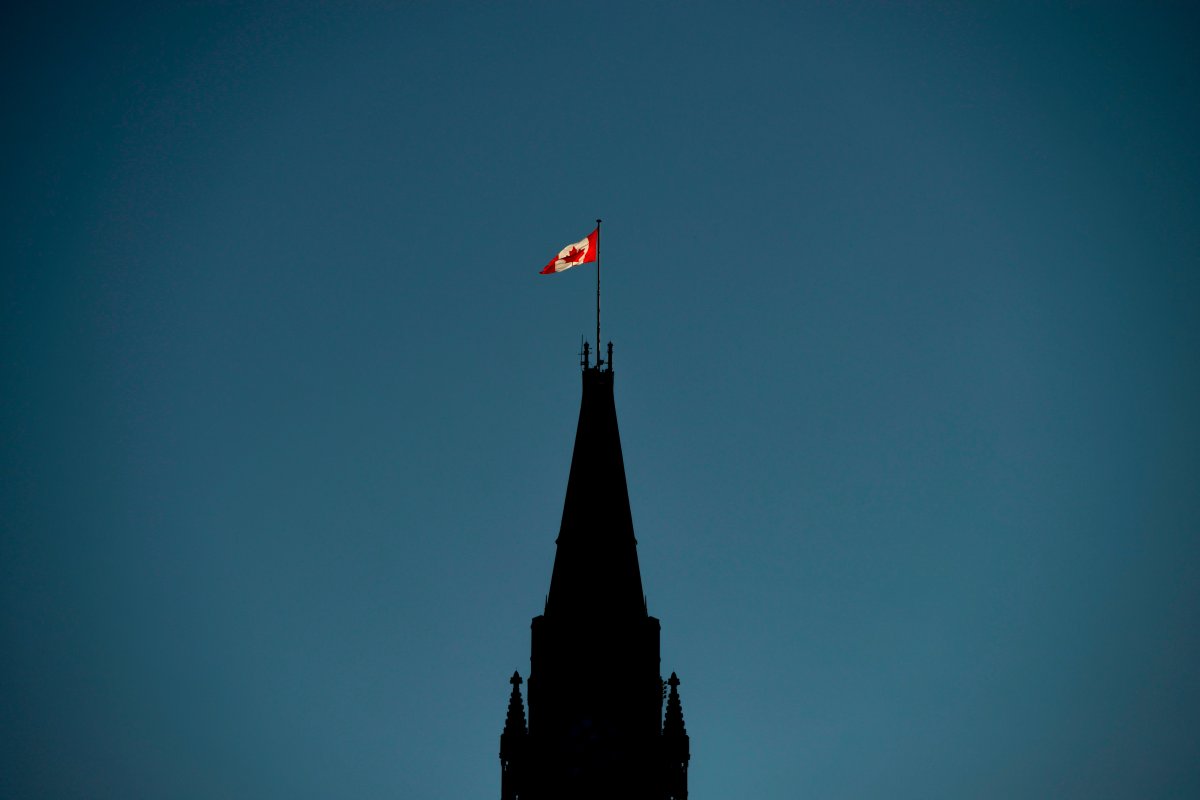Is Canada’s society broken? In a poll released by Ipsos on Friday, 52 per cent of our national population insists Canada’s society is indeed broken. Another 28 per cent claim to be neutral on the question, while only one of five (19 per cent) is willing to state Canadian society is intact.

Hearing alarm bells?
READ MORE: Most Canadians feel society is ‘broken,’ politicians don’t care about them, Ipsos poll shows
On Oct. 21, when Canadians vote for a new federal government, should any political party secure the support of 52 per cent of the national voter turnout, the result would create such a massive majority government that winning party MPs would have to occupy seats on both sides of the parliamentary aisle.
Case in point, Oct. 25, 1993. The federal Liberals under Jean Chretien, while utterly destroying the Progressive Conservatives under Kim Campbell and raising the Liberal seat total to 177 from 81, did so with the support of 41.24 per cent of the 69.6 per cent of eligible voters who cast a ballot.
The official opposition in 1993 became the Bloc Québécois, which scored 49.3 per cent voter support in the province of Quebec, earning second party status federally for a political entity whose primary objective was the destruction of the national federation.
- Budget 2024 failed to spark ‘political reboot’ for Liberals, polling suggests
- Train goes up in flames while rolling through London, Ont. Here’s what we know
- Peel police chief met Sri Lankan officer a court says ‘participated’ in torture
- Wrong remains sent to ‘exhausted’ Canadian family after death on Cuba vacation
Back to the future. As in today.
Ignore the 28 per cent sitting on the fence concerning the “Canada’s society is broken” issue and you find Canadians who declare our society not just bent, but broken, more than doubles the number who disagree with that view.
The “Canada’s society is broken” number has increased by 15 points in just the last three years.
Might the string of controversies/scandals dogging Justin Trudeau’s tenure as prime minister play a role?
It would be difficult to throw that proverbial baby out with the national bathwater, as Ipsos found 61 per cent of Canada’s population agree that political parties don’t care about them. That’s an increase of five per cent since 2016, the first year of Trudeau’s ascendancy to the top political job.
So much for a new transparency and sunny ways taking hold. Consider only the most recent findings of parliamentary ethics commissioner Mario Dion re Trudeau’s behaviours vis-a-vis federal prosecutors and SNC-Lavalin.
The beneficiary, and this should startle no one reviewing the Ipsos findings, is populism.
It’s not rocket science and perhaps not science at all. It’s people having had enough of the same-old, same-old.
An October evening 26 years ago rocked this nation politically and societally. What major surprises might Oct. 21, 2019, hold in store?
Roy Green is the host of the Roy Green Show on the Global News Radio network.
Listen to the latest from the Roy Green Show
Subscribe to the Roy Green Show Podcast now at Apple Podcast or Google Play
—
The Ipsos survey was conducted in 27 countries via Global Advisor, the online survey platform of Ipsos, between March 22 and April 5, 2019. The sample consists of 1,000+ individuals in each of Australia, Brazil, Canada, France, Germany, Great Britain, Italy, Japan, Spain, and the U.S., and of 500+ individuals in each of the other countries surveyed.
The data is weighted so each country’s sample composition best reflects the demographic profile of its adult population according to the most recent census data, and to give each country an equal weight in the total “global” sample.
The precision of online surveys conducted on Global Advisor is measured using a Bayesian Credibility Interval. Here, the poll has a credibility interval of +/-3.5 percentage points for countries where the sample is 1,000.










Comments